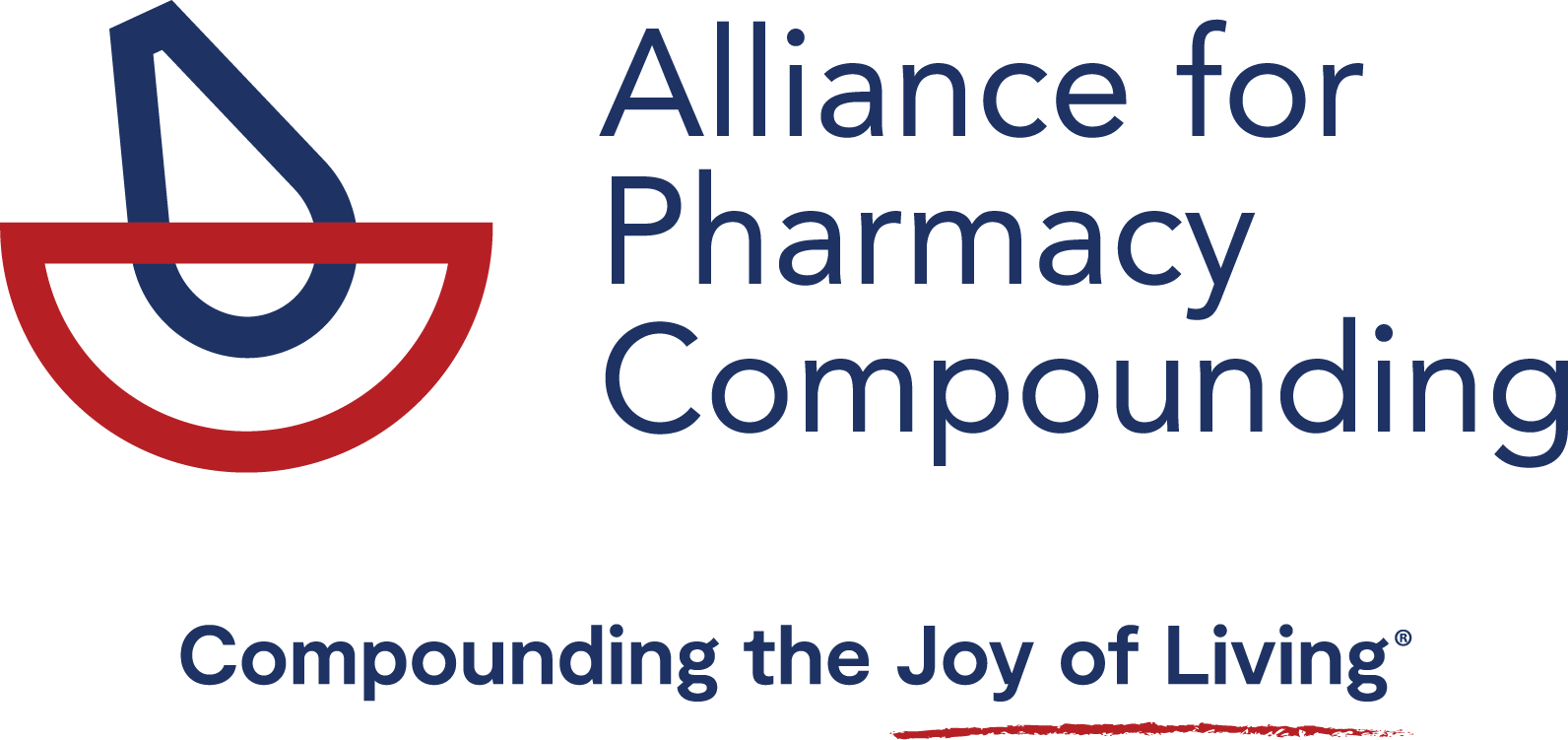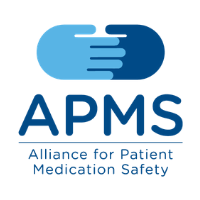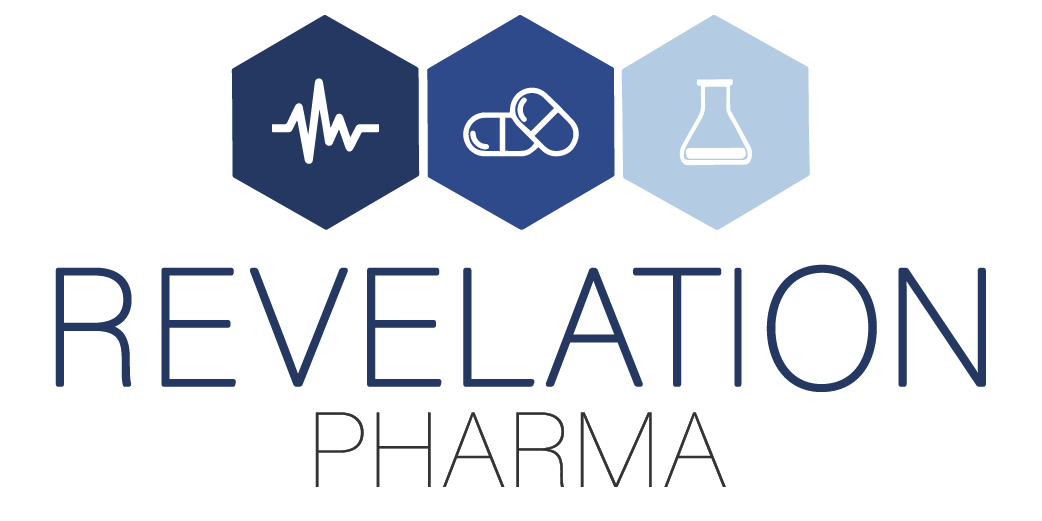April 23, 2022
Why not compound peptides and HCG?
Fairly regularly, we get asked why HCG and peptides can’t be compounded and why APC can’t do something about it. Here’s the skinny:
HCG was swept up in legislation passed by Congress a dozen years ago (but which did not take effect until March 2020) that reclassified a number of substances as biologics, which put them outside the reach of most 503A compounders. Despite our efforts, FDA has shown no interest in exercising enforcement discretion in allowing HCG to continue to be compounded. Over the past 24 months we’ve put out at least two calls for our members to help us collect data demonstrating patient harm — demonstrating that patients have not been able to access essential therapies — that has resulted from the reclassification, but the fact is, we’ve not received any such data. We do believe that kind of data would be useful in making a case to FDA.
“Why not just change the law?” you’re probably thinking. Easy answer: Big Pharma and its regiment of lobbyists. It’s frankly not a Capitol Hill fight we think we can win, and to have to give our limited bandwidth to such a fight will take our attention away from other important and more winnable battles.
Peptides are a bit different. Peptides are not restricted per se. The reason you generally can’t compound them (and there are exceptions, like semaglutide and sermorelin) is because they DO NOT MEET FDA’S CRITERIA: They don’t have a USP or NF monograph, they’re not part of an FDA-approved drug product, and they’re not on the Category 1 or “positive” lists.
And that’s the explanation you should give to prescribers who push you to compound them.




![Topi-CLICK a Division of TEAM Outlines[1]](https://a4pc.org/files/Topi-CLICK-a-Division-of-TEAM-Outlines1.png)




























